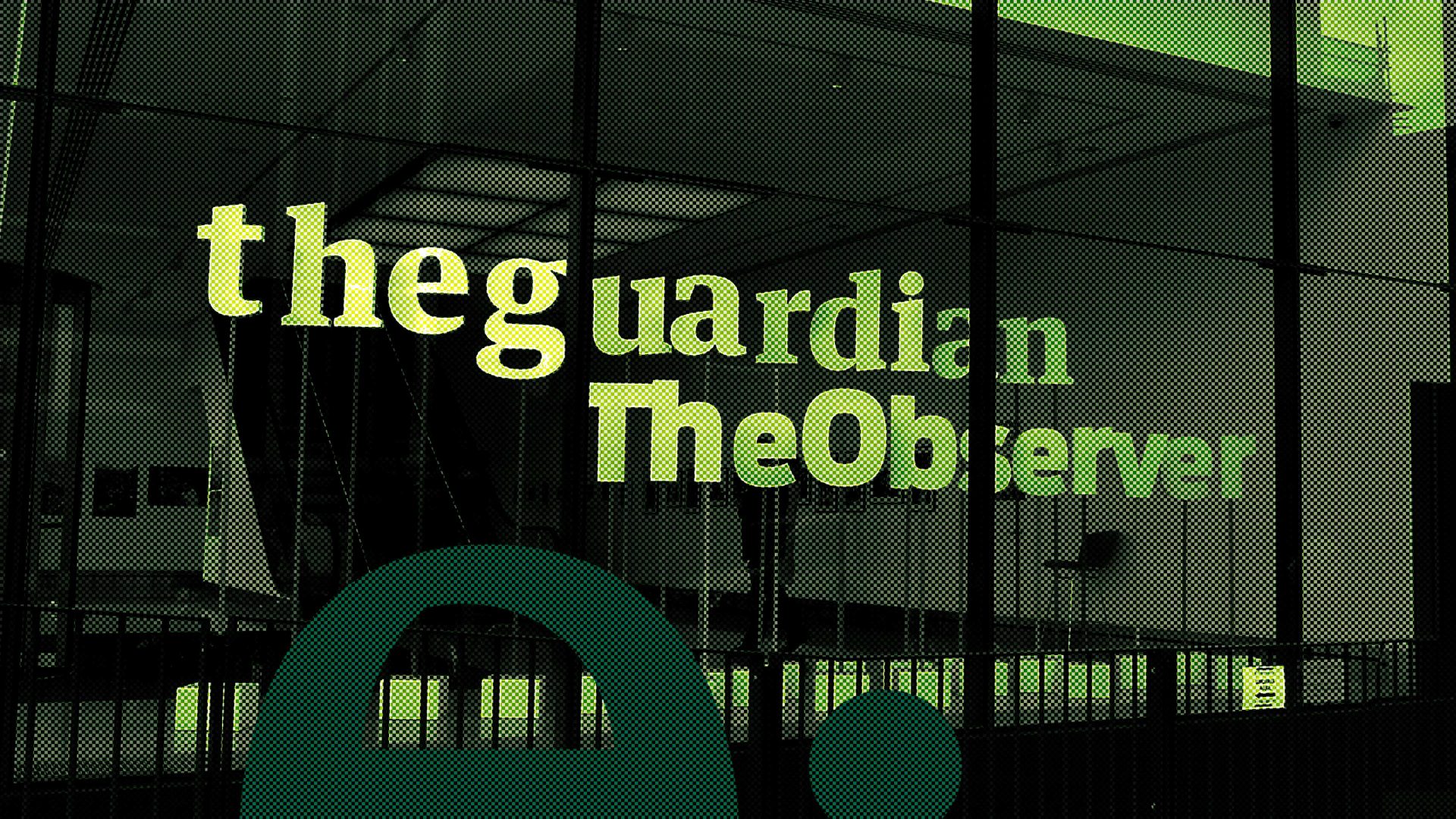Workers’ solidarity between the Guardian and the Observer hit what must be an all-time high this week, as the National Union of Journalists’ chapel for the two newspapers voted overwhelmingly in favour of strike action to prevent a sale of the Sunday title to Tortoise. But could this impressive display of unity actually backfire and hasten the demise of the Observer?
A whopping 93% of NUJ members at the titles voted in favour of strike action, with 96% voting to approve action just short of a strike. The industrial action would be the first in decades for the Guardian, but some at the paper say it’s not simply just a show of solidarity for comrades working at the Observer.
Ostensibly, the dispute is about the prospective sale of the Observer to digital news publisher Tortoise. The Guardian bought the Sunday title (the world’s oldest) in 1993, but relations between the two papers have always been strained – the Guardian’s ultimate owner, the Scott Trust exists to sustain only one of the newspapers “in perpetuity”.
Where other papers exist to make profits for their owners, the Scott Trust and its billion-pound endowment exists to keep the Guardian – but not the Observer – publishing forever. The status difference between the Guardian and the Observer has rankled hacks for decades.
The number of staff working purely on the Observer has been allowed to dwindle, to the resentment of its remaining team, while efforts to combine the newsgathering teams of the two were generally resisted. The Observer was never given a true online presence of its own, diluting its identity, but also preventing it becoming a competitor to the Guardian.
That has left the Observer as something of an unwanted stepchild for the whole time – what might be a prized asset in another newspaper group was seen by the top bosses mostly as another financial drain, at a time when the Guardian was losing more money than the endowment fund would be able to sustain.
An offer from Tortoise to buy the Observer might have been a brilliant opportunity for both. For Tortoise, best known for podcasts and newsletters, it brought along an established brand and audience, plus respected arts, food, culture and feature coverage to add to its news brand – giving it a bold subscription offering.
For the Observer, it was a chance to be a prize asset instead of a burden. For the Scott Trust, it was a chance to get 70+ salaries off the payroll, stemming its losses. There were benefits to everyone involved.
Or almost everyone, anyway. For those staff who would be transferred, the deal would be a much less sure-fire thing: even among decades of financial hardship, the Guardian has never shed a single UK staff member except through voluntary redundancy – meaning it gives generous payouts either to young-ish staff who quickly find work elsewhere, or to people who might have retired imminently anyway.
The Guardian’s union has been that clear any attempt to lay off staff would result in an almost immediate strike ballot, the result of which would be a foregone conclusion. For a journalist looking at their pay and prospects, staying with the Guardian and the Scott Trust might mean staying with an owner that doesn’t want you and won’t invest – but it means a safe job.
Tortoise would have been a gamble: the £25 million headline figure on a deal was what the company was planning to invest over the next five years, not a purchase price and not the money it had raised to date. Its chances of a sale were highest if it could complete one before the union could trigger a strike.
Now there is every chance the union wins its battle, and tethers the Observer to a senior management team that doesn’t want it for the foreseeable future.
The show of solidarity is as much about wider tensions across the Guardian, too. Several journalists were keen to make the chapel’s acceptance of last year’s pay deal contingent on no senior executives receiving a larger pay rise than the journalists – but this wasn’t formalised.
When last year’s accounts were published, Guardian editor-in-chief Kath Viner’s salary was revealed to have increased by more than the union average – reigniting those irritations. This, and other newsroom resentments, was the reason the union’s motions opposing the sale were accompanied by a vote of no confidence in the Scott Trust.
And while the Guardian staff would almost certainly have gone out on strike with their Observer comrades, their ongoing disputes added fuel to the fire and helped get everyone going more quickly.
What happens to that solidarity as and when the union wins, of course, remains to be seen. The Scott Trust will have to find other ways of cutting its losses – including the idea of ditching the Sunday print title altogether and publishing an even larger weekend Guardian edition every Saturday that retains the Observer name on some sections.
But that would lead to even more civil war. And so it is likely that while the Saturday Guardian – particularly beloved of Viner – continues to be stuffed with resource, the resented stepchild of the Observer will limp on, suffering even more cuts.
The Observer’s marriage with the Guardian will be even more loveless as a result. And relations between senior editors and the rank-and-file might be testy for quite some time.










